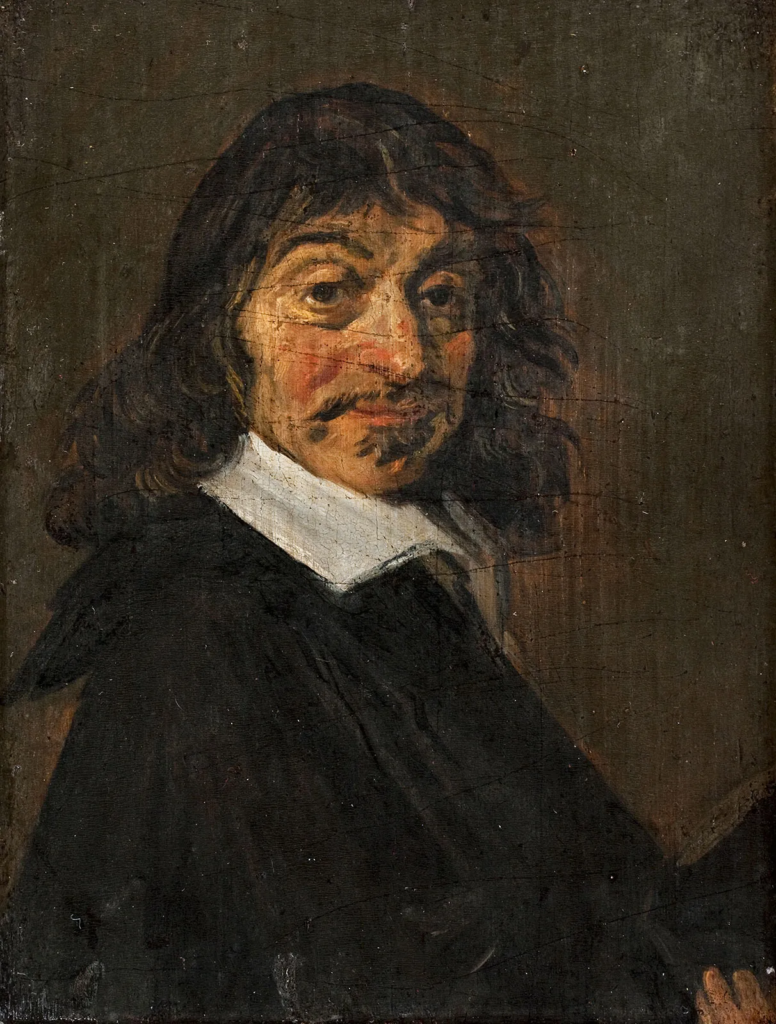Niccolò Machiavelli
Niccolò Machiavelli (born May 3, 1469, Florence [Italy]—died June 21, 1527, Florence) was an Italian Renaissance political philosopher and statesman, secretary of the Florentine republic, whose most famous work, The Prince (Il Principe), brought him a reputation as an atheist and an immoral cynic. Early life and political career From the 13th century onward, Machiavelli’s family was wealthy and prominent, holding on …







